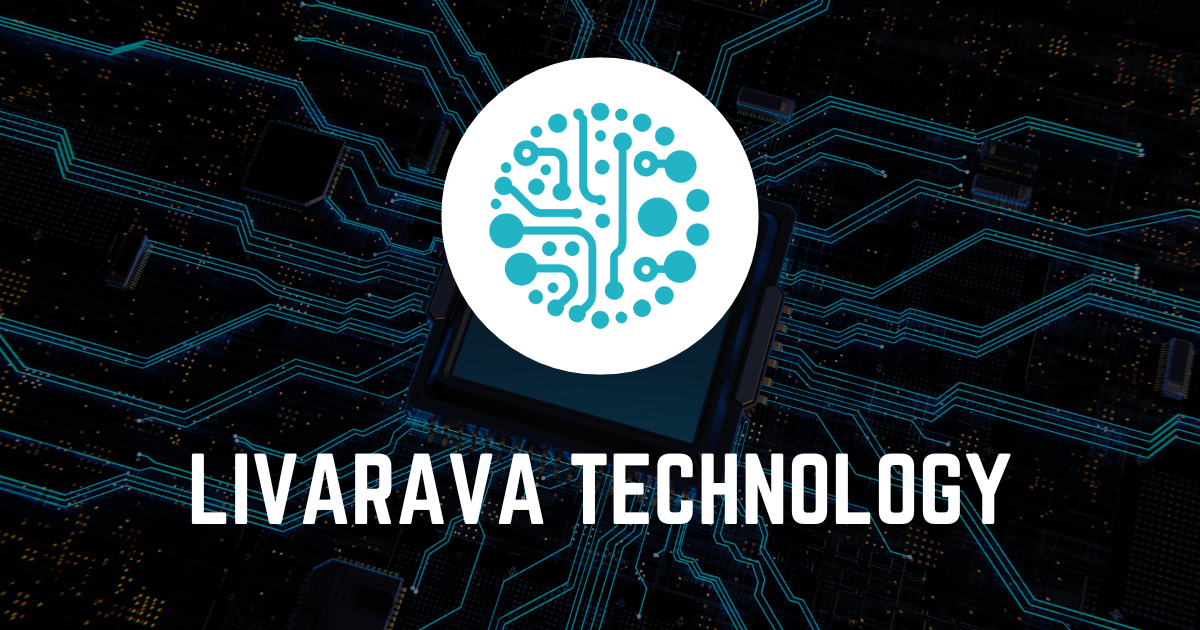Lelapa AI Introduces InkubaLM: Transforming Communication in African Languages

Overview of InkubaLM
Lelapa AI has recently launched InkubaLM, a powerful language model designed to support and promote five prominent African languages. With around 364 million speakers, this innovative tool emphasizes the importance of inclusivity in AI technology.
Key Features
- Large Dataset: InkubaLM is trained using approximately 1.9 billion tokens from both African languages and English/French sources.
- Diverse Applications: The model offers natural language processing capabilities such as translation, transcription, and sentiment analysis.
- Community Focused: Lelapa AI aims to provide accessible AI tools that cater to African communities, minimizing resource dependencies.
Challenges and Goals
The introduction of InkubaLM comes at a crucial time in the African tech landscape, as calls for more inclusive AI solutions grow louder. Lelapa AI is determined to tackle the biases and access issues often associated with mainstream AI products. Pelonomi Moiloa, the CEO of Lelapa AI, emphasizes the company's commitment to making cutting-edge technology available without requiring assimilation into foreign cultures.
Conclusion
With initiatives like InkubaLM, Lelapa AI is not only enhancing the functionality of language models for underrepresented African languages, but also setting a precedent for future developments in the AI sector across the continent.
This article was prepared using information from open sources in accordance with the principles of Ethical Policy. The editorial team is not responsible for absolute accuracy, as it relies on data from the sources referenced.